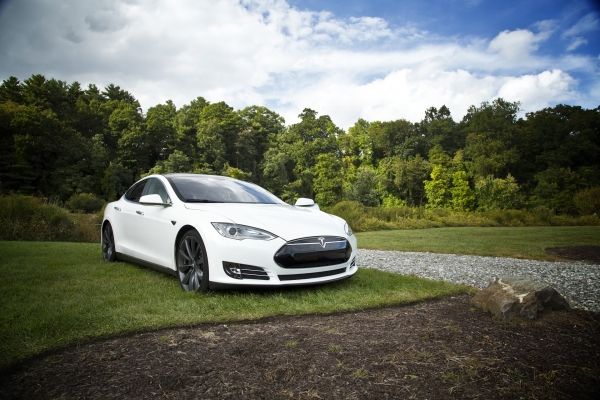Researchers at the University of Waterloo have integrated the use of blockchain into energy systems, a development that could result in expanded charging infrastructure for electric vehicles.
In a study that outlines the new blockchain-oriented charging system, the researchers found that there is a lack of trust among charging service providers, property owners and owners of electric vehicles (EVs).
With an open blockchain platform, all parties will have access to the data and can see if it has been tampered with. Using a blockchain-oriented charging system will, therefore, allow EV owners to see if they are being overcharged while property owners will know if they are being underpaid.
“Energy services are increasingly being provided by entities that do not have well-established trust relationships with their customers and partners,” said Christian Gorenflo, a PhD candidate in Waterloo’s David R. Cheriton School of Computer Science. “In this context, blockchains are a promising approach for replacing a central trusted party, for example, making it possible to implement direct peer-to-peer energy trading.”
Read more at University of Waterloo
Image by Free-Photos from Pixabay


